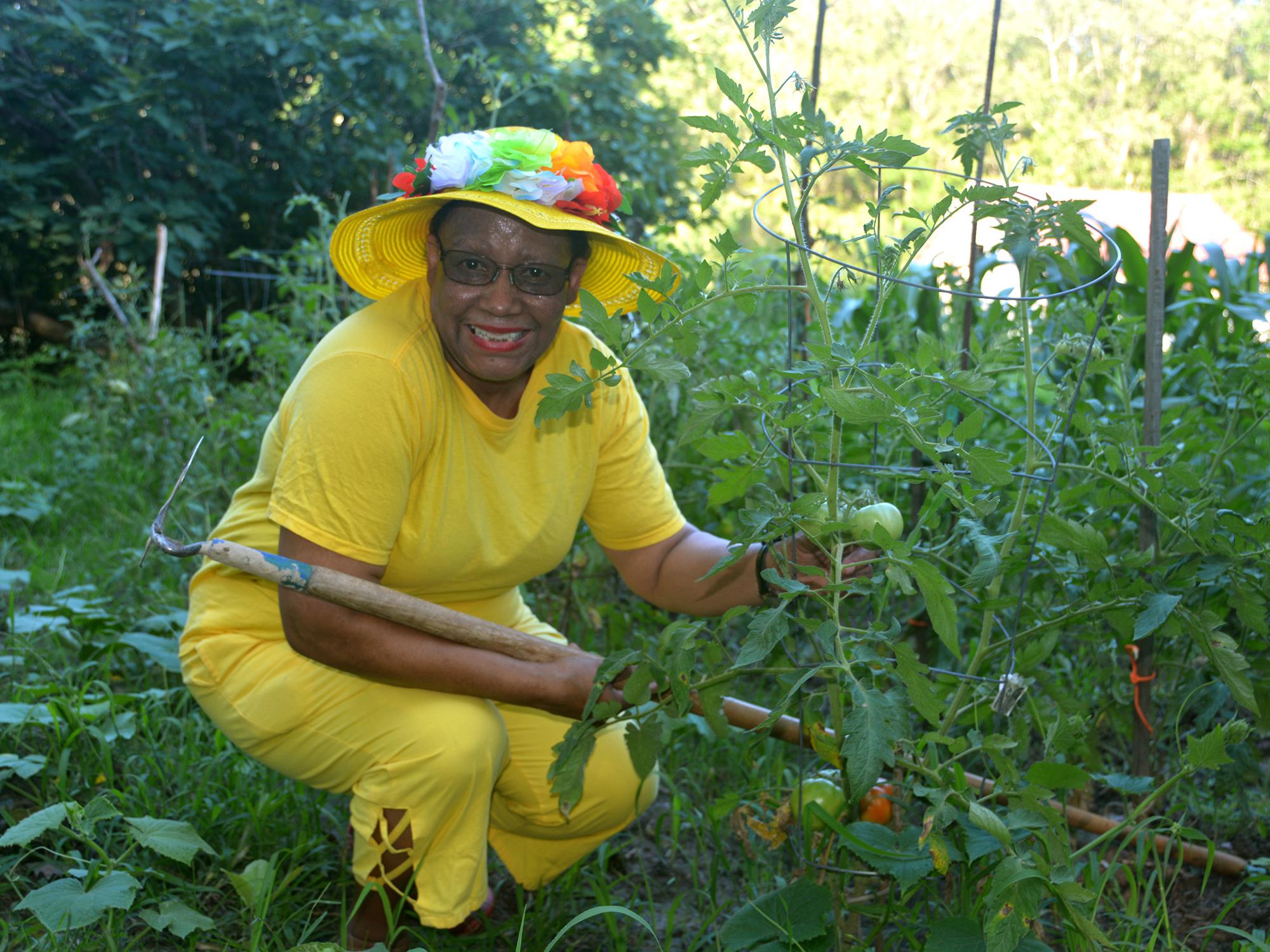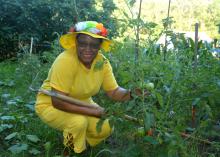Information Possibly Outdated
The information presented on this page was originally released on June 27, 2017. It may not be outdated, but please search our site for more current information. If you plan to quote or reference this information in a publication, please check with the Extension specialist or author before proceeding.
Don't expect 'normal' from this soil technician
STARKVILLE, Miss. -- When Ann Rice leaves the Mississippi State University Extension Service Soil Testing Laboratory on June 30, she will conclude an educational 35-year career filled with unusual requests and interesting discoveries, some of which were about herself.
"When I didn’t have confidence in myself, others did," Rice said. "I never thought I could be a leader, but sometimes, I have had to step up and take the lead, like in the organic matter and plant tissue divisions."
Although Rice grew up on an Oktibbeha County dairy farm, this "daddy’s girl" who loved to get her hands dirty, did not dream of a career in agriculture. In fact, her goal was to be a skydiving instructor.
"I like living on the edge and being challenged. I found that opportunity in the soil testing lab," she said. "Besides, I love growing things and eating homegrown food. Today, I find working in the garden very therapeutic."
After completing a program in chemical laboratory technology at Mary Holmes College in West Point, Rice began her career at MSU. Her job has been to test plant and soil fertility to identify possible problems. If a plant does not bloom or is not growing well, then lab results can reveal if there is a fertility problem.
As an example of her work challenges, Rice remembers the horticulturist who brought in a plastic flowerpot for testing. Results indicated that excess zinc in the pot had impacted the soil. On "just another day at the office," Rice tested nutrient values on cricket manure and muskrat urine.
"You have to be flexible and be open to the unusual requests as well as the more routine needs that come through the doors," she said.
That desire to be prepared for anything coming into the lab inspired Rice, who already had a degree in business administration from MSU, to return for a second degree in horticulture.
"You really need to know your plants here in the lab. Someone may send a plant in for testing without identifying it," she said. "For example, ryegrass, corn and wheat seedlings look very similar."
Other lessons she learned by doing, and sometimes, by doing wrong.
"I learned that when you are testing poultry litter, you shouldn’t be too close to a fan, especially when wearing lipstick," she laughed. "It helps to be ready for anything."
Freddie Rasberry, now retired from the MSU Extension Service, hired Rice to work in the soil lab in 1981.
"People may be surprised how important people skills are for folks working in the soil testing lab. Ann has had those skills along with all the others to do her job," he said.
Over the years, Rice saw vast improvements in technologies and services. Gone are the computer punch cards from the word processing department, long ago replaced by personal computers. Services have also changed, such as new tests for greenhouse and hydroponic tomato operations. Additionally, the method for testing
In retirement, do not look for Rice to let the grass grow under her feet.
"I plan to clean my house, work in my garden, help with my grandchildren and exercise more. I may even run
Your Extension Experts
Related News
Pages
- « first
- ‹ previous
- 1
- 2
- 3
Related Publications
Pages
- « first
- ‹ previous
- 1
- 2
- 3




